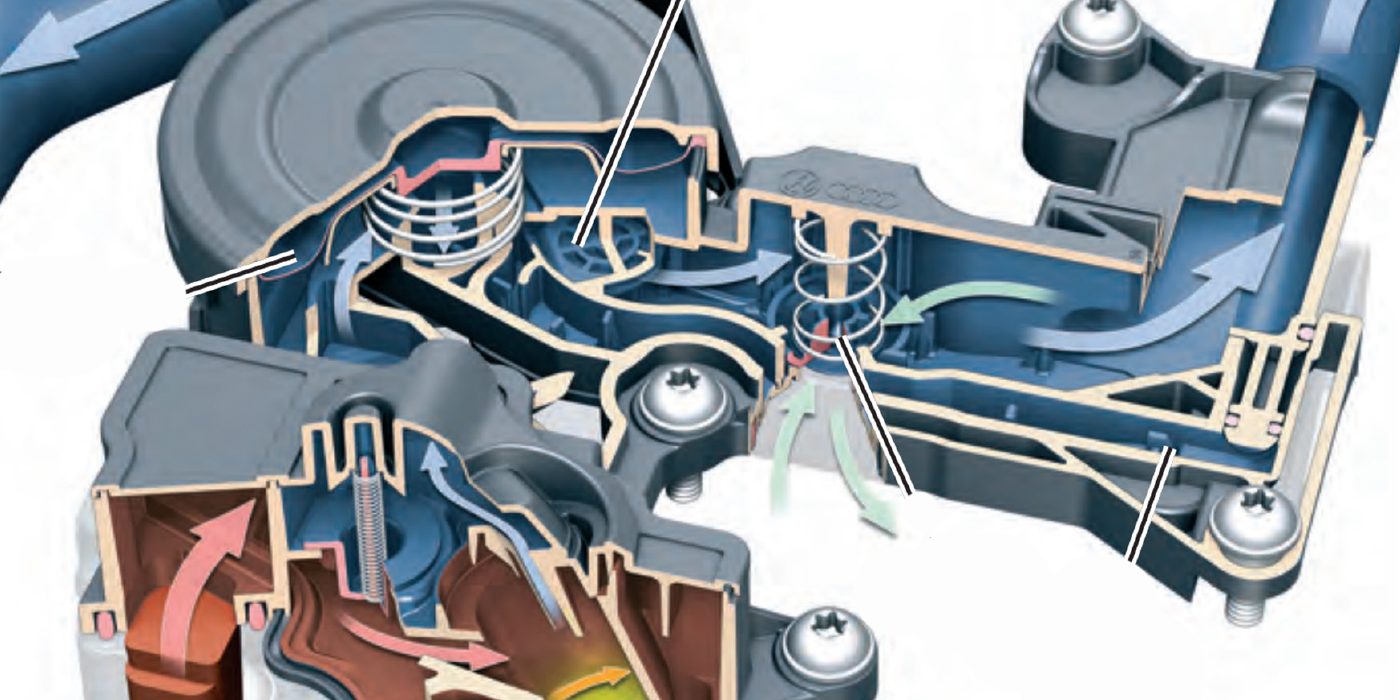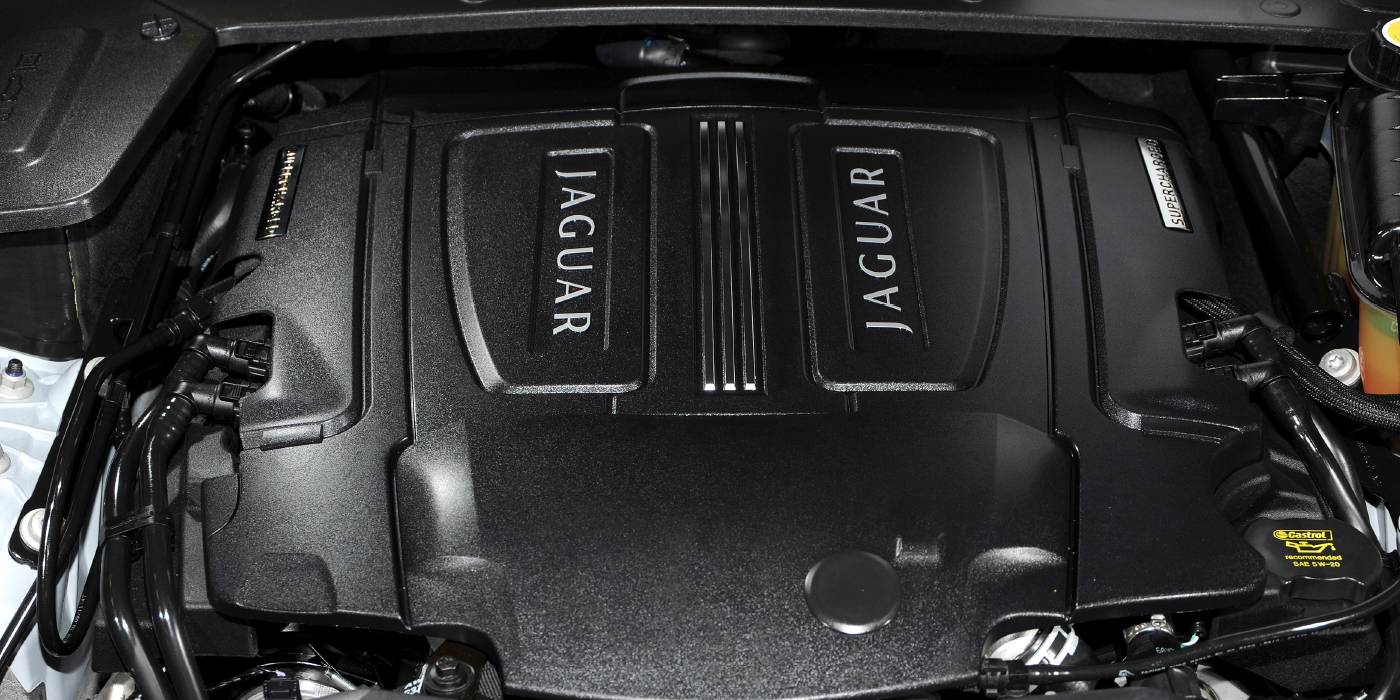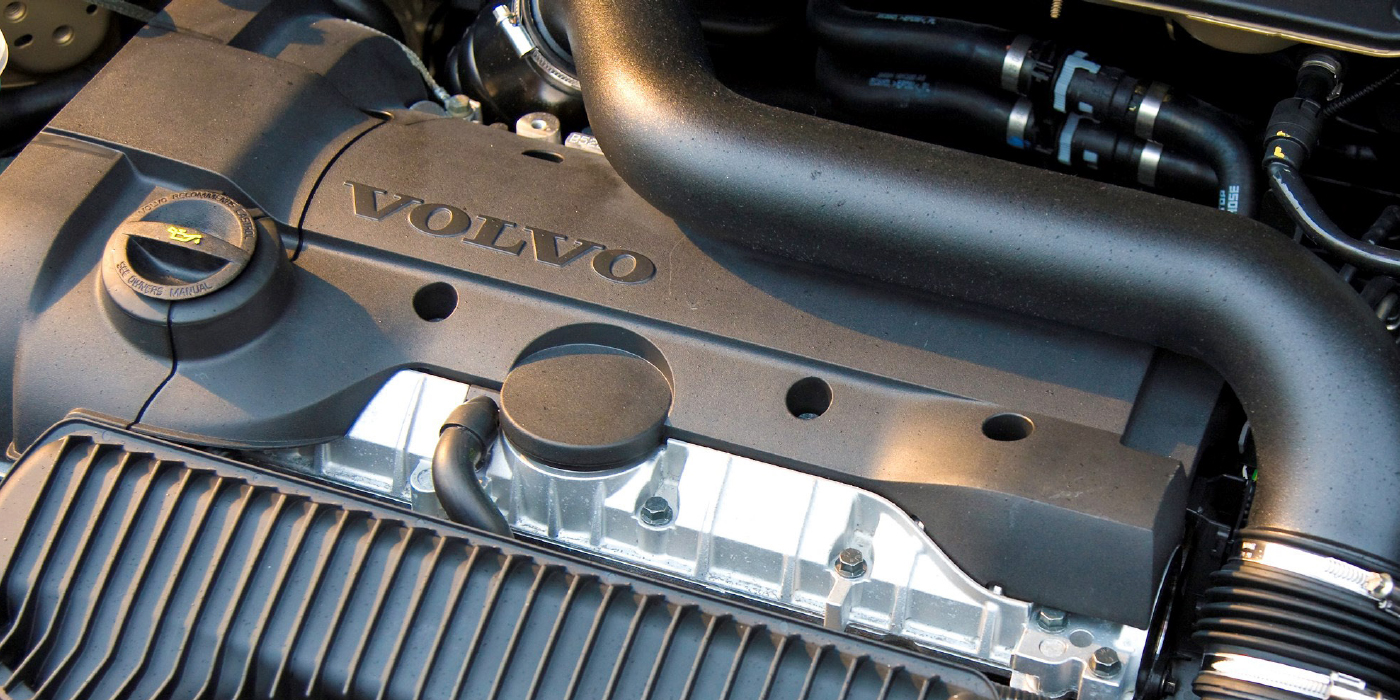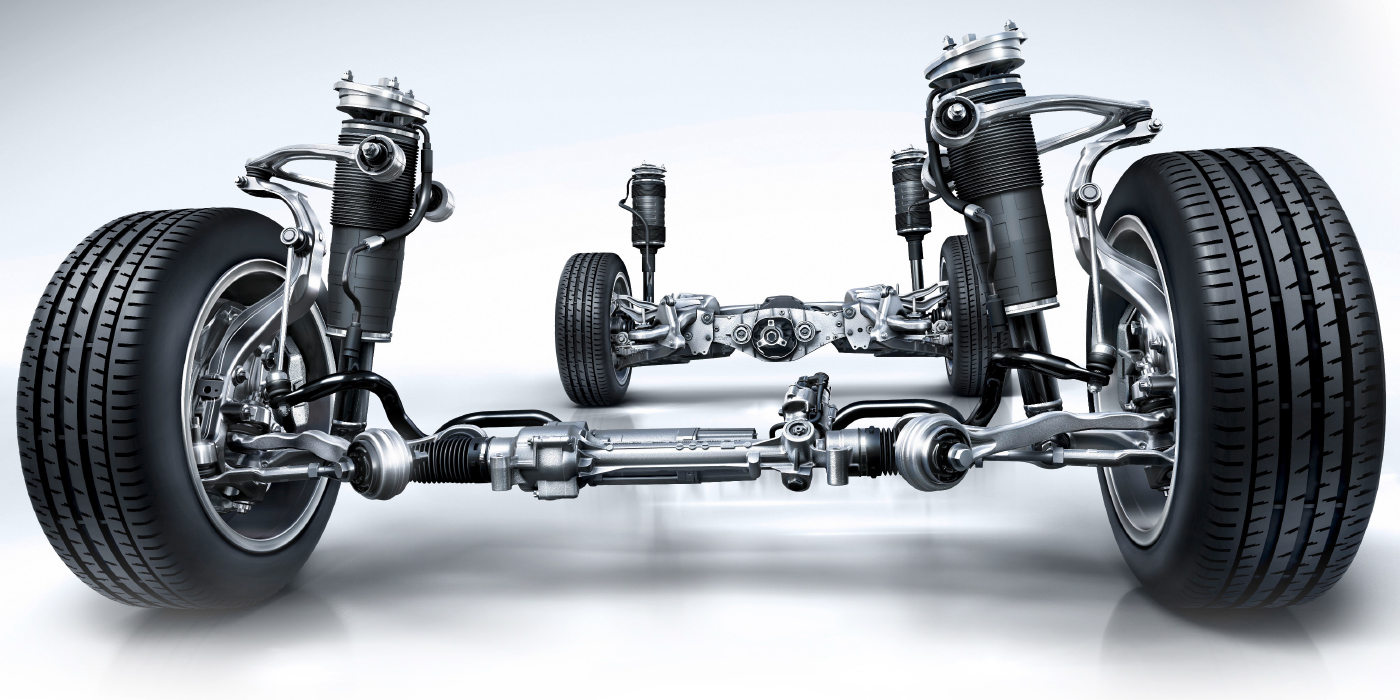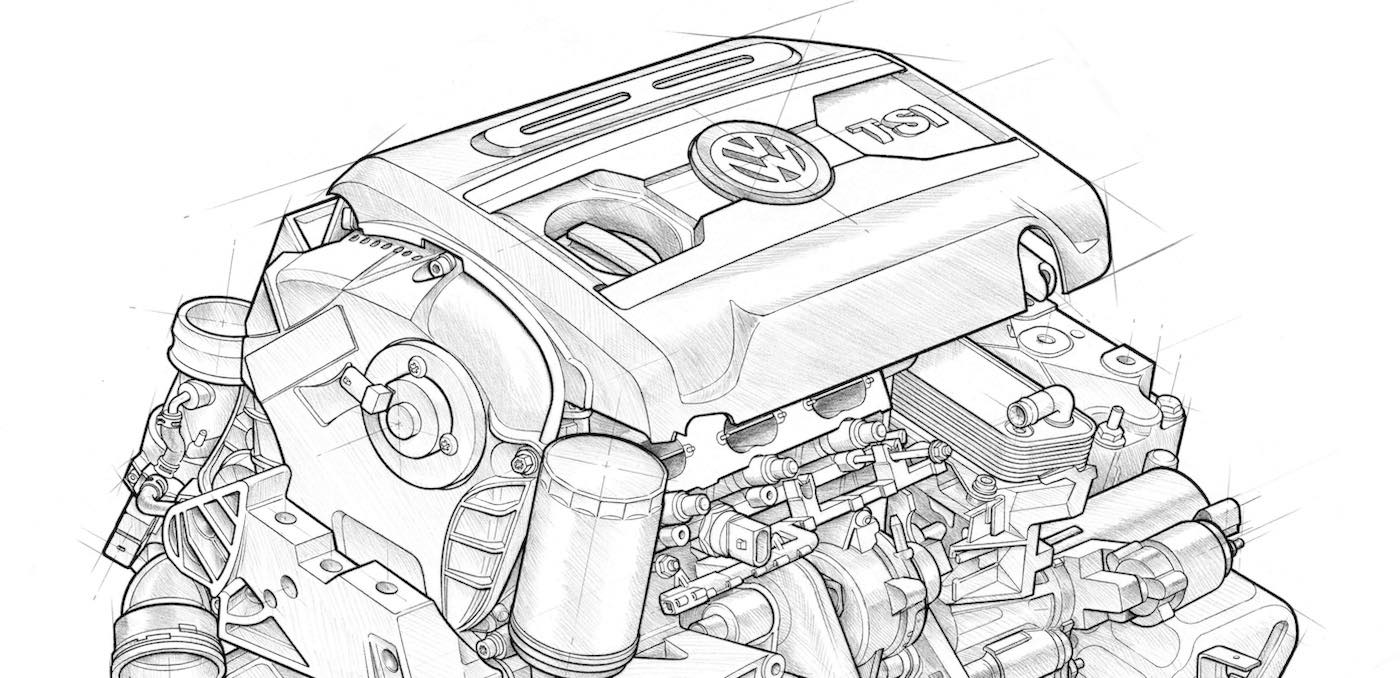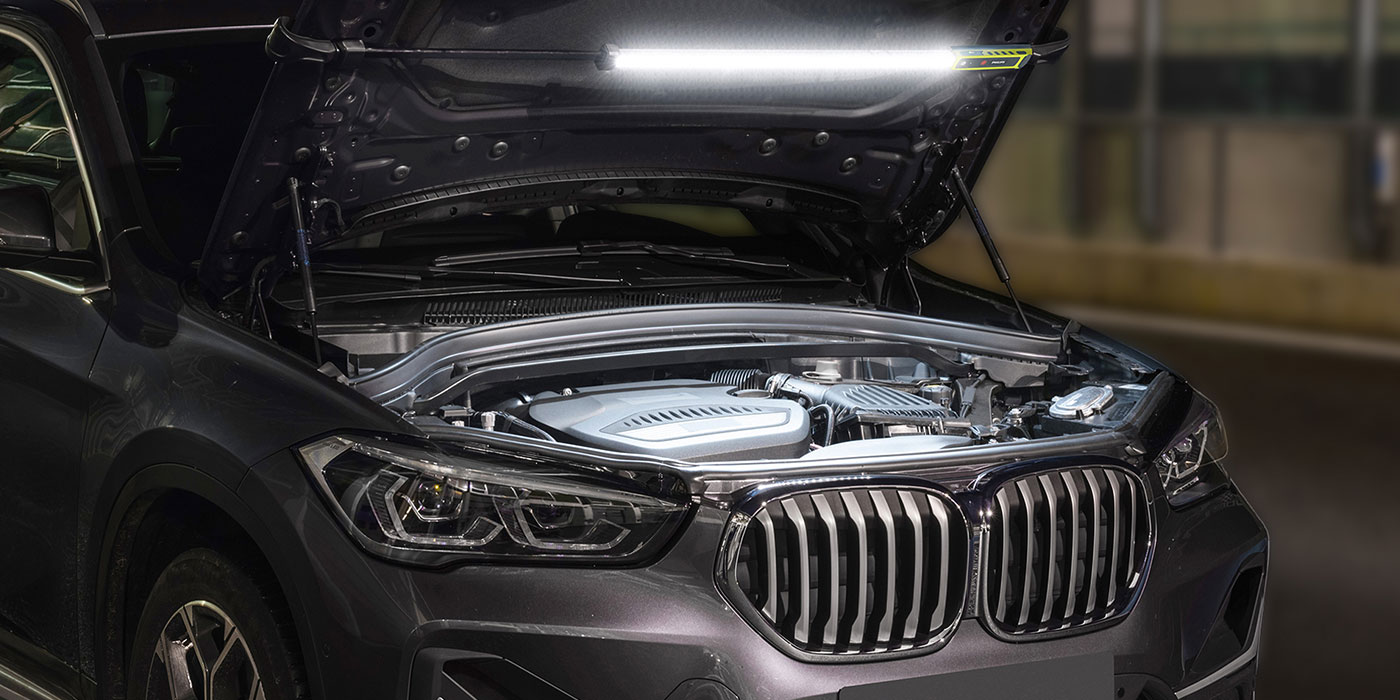Honeywell is reporting that SAE International has reiterated a "high level of confidence" in the safety of Honeywell’s new low-global-warming-potential mobile air conditioning refrigerant, HFO-1234yf, for use in automobiles.
SAE International’s Cooperative Research Project (CRP), which included technical experts from 11 global automakers, said in a press release Monday that "the high level of confidence" that SAE CRP has in the safety of the refrigerant "continues to grow."
HFO-1234yf was the subject of comprehensive testing conducted by an SAE CRP from 2007 to 2009. That CRP, which was sponsored by 15 global automakers, including all leading German automakers, major suppliers and 18 international, independent research institutes, concluded that HFO-1234yf is safe for use in automobile applications. The latest CRP included European, North American and Asian automakers, including Chrysler/Fiat, Ford, General Motors, Honda, Hyundai, Jaguar Land Rover, Mazda, PSA, Renault and Toyota.
SAE initiated the latest CRP after Daimler raised questions about the refrigerant’s flammability. SAE said the CRP’s latest evaluation was expanded based on Daimler’s concerns, but that "the CRP has found that the refrigerant is highly unlikely to ignite and that ignition requires extremely idealized conditions."
According to Honeywell, under rare conditions, HFO-1234yf exhibits mild flammability, at levels significantly lower than highly flammable materials already present under the hood of an automobile, including motor oil, automotive transmission fluid, radiator antifreeze, brake fluid and compressor lubricant – not to mention fuel. However, the CRP said that the testing conducted by Daimler late last year, which raised questions about safety was "unrealistic" and used "extremely idealized conditions … while ignoring actual collision scenarios."
"The SAE’s latest evaluation, combined with years of other extensive testing, leaves no doubt that HFO-1234yf is safe for automotive applications," said Terrence Hahn, vice president and general manager for Honeywell Fluorine Products. "Automakers globally continue to adopt this new, effective solution to comply with new environmental regulation, including the European Union’s Mobile Air Conditioning (MAC) Directive."
HFO-1234yf, created as an efficient and effective replacement for HFC-134a, is already in use by the auto industry. It reduces global warming impact by 99.7 percent over HFC-134a and, according to third-party data, its adoption in cars today would have the greenhouse gas equivalent impact of removing more than 4 million cars from European roads.
HFO-1234yf is being adopted by automakers in part to meet the European Union’s MAC Directive, which aims to reduce the greenhouse gas emissions of air-conditioning systems in passenger cars and light commercial vehicles. The directive requires that refrigerants in all new type vehicles sold in Europe after Jan. 1, 2013, have a global-warming potential (GWP) below 150 and that all cars sold after 2017 meet the lower GWP requirement.
For a video on this topic, which includes a comparison of HFO-1234yf vs. HFC-134a and other materials, visit www.1234facts.com/resources.

